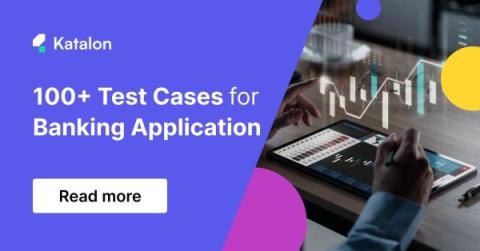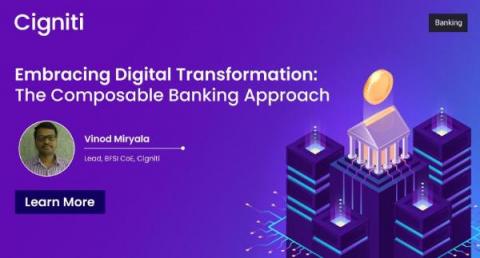Accelerating Cost Reduction: AI Making an Impact on Financial Services
In the ever-evolving landscape of the financial services Industry, change is a constant and transformation is a requirement—to stay at pace with new regulations, risk mitigation, and the technological developments that support transformation. And just as financial services experiences its cycles, this time of year I find myself returning to the topic of cost reduction.










